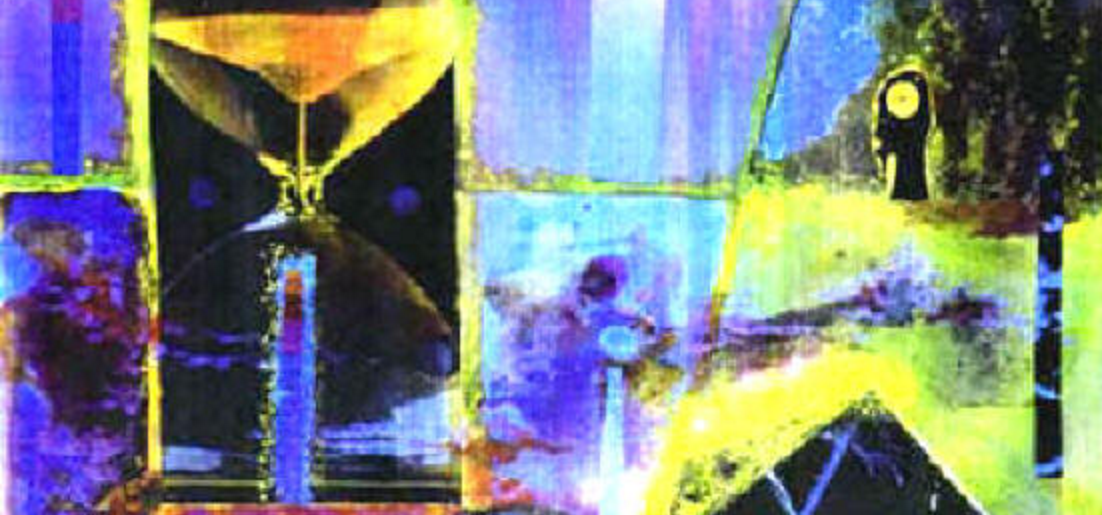Reading Zake: Mental Movements (Earning Citizenship & Liberty)

For this post I wanted to read about Paulette L. Williams before “Ntozake Shange.” Much of the work I’ve been doing has been analyzing the effects, consequences, and partnerships that have come with Shange’s art, so I thought it well to go back to lost in language and sound to remember her thought processes before she came into her artistry.
“INITIALLY, I WAS DEMONICALLY TICKED AT THE NOTION that I, Ntozake Shange, a.k.a. Paulette Linda Williams, whose American birth certificate from an alleged Union state, New Jersey, read “colored” in 1948, was asked to write a piece about justice. This was truly laughable, since it is quite clear to me that “justice” as a fact, fantasy, or concept is so removed an actuality in my life, intellectually as well as visceral…
This idea is false. The general ideas roaming American minds — black, white, Asian, Chicano, Texan, urban, empty of truth whichever they are about who and what I come from is “just” for us — are scary as the bullet holes of Huey Long’s assassinations in Baton Rouge and as sad as the Trail of Tears, and I haven’t gotten to “the Negro” yet.(124)”
These quotes struck me because they were non-obvious responses to some of the questions I had been asking in my project: why was/(is) black art necessary? What does it do? Who does it save?
“We are essentially a generous people, not eager to chasten or exploit, But I can say right here and now that the absence of a day to honor the end of slavery in this country is shameful, which to my mind makes it unjust — the opposite of justice.
Far and away the most painful aspect of this wishful absenting of Africans from “our” own history is the terrible isolation experienced by those of us who are descendants of the Diaspora in the New World (125).”
Black arts is the reconsitution of justice for the black being. It is a space to create new understandings of self that ARE visceral and do NOT have to be questioned. In opting to use another name instead of her government or born name, Ntozake Shange could stand unopposed and unquestioned in an epithet created by herself for herself. And isn’t this the most just thing of all? Existing and not having that existence be challenged
Slavery challenged the existence of the black being. Jim crow laws rejected defining black people as American citizens. Segregation disputed the humanness of black individuals. Police brutality, stop and frisk, and non-inditements are the same trail held over and over again just years, months, days, perhaps even seconds apart. Shange places shame on the U.S for not commemorating the end of this nation’s biggest offense, and says that the inattention to these details can place black diasporans in remote positions, unable to connect, contact, and care for each other.
In if I can Cook/ you KNow God can Shange asks “what a free people use to celebrate victory?”
“But seriously, and here I ask for a moment of quiet meditation, what did L’Ouverture, Pétion, and Dessaline share for their victory dinner, realizing they were the first African nation, slave-free, in the New World? What did Bolivar crave as independence from Spain became evident?
What sated the appetites of slaves no longer slaves. Africans now Haitians, ordinary men made mystical by want of their taste for freedom? How did we consecrate our new found liberty? … I need to know how we celebrate our victories, our very survival.
What was good enough to commemorate our humanity? (12)”
The fruits of the questions Shange asks here can be the manifestation of “justice.” In those paragraphs Shange is specifically referencing food, but I believe that food is the product of our labor: so what content, what products, what works have black people created to commemorate their humanity? Despite the label of colored what do we use to mark our existence?
The three artists I have been studying this semester mark their existence, and claim their justice by creating. Ntozake Shange, Amiri Baraka, and Ademola Olugebefola have worked together and separately to constitute the black being as an entity to be celebrated. Their art saves and the institutions they create save and garner victories for generations coming.



Comments ( 4 )